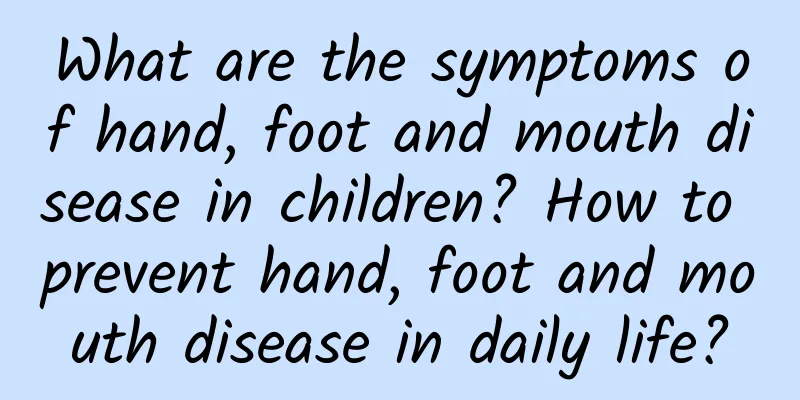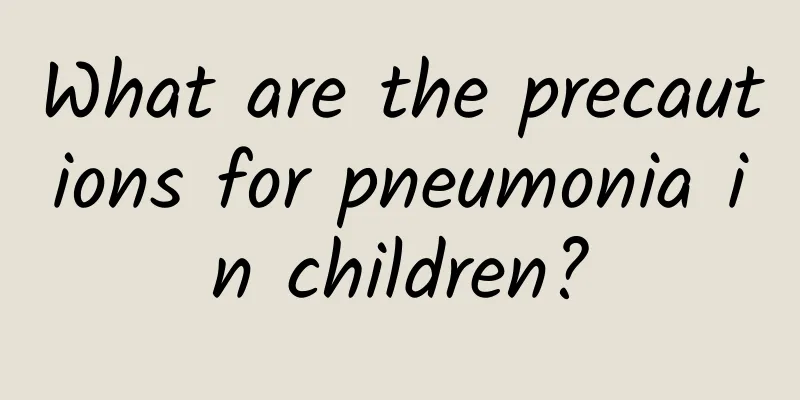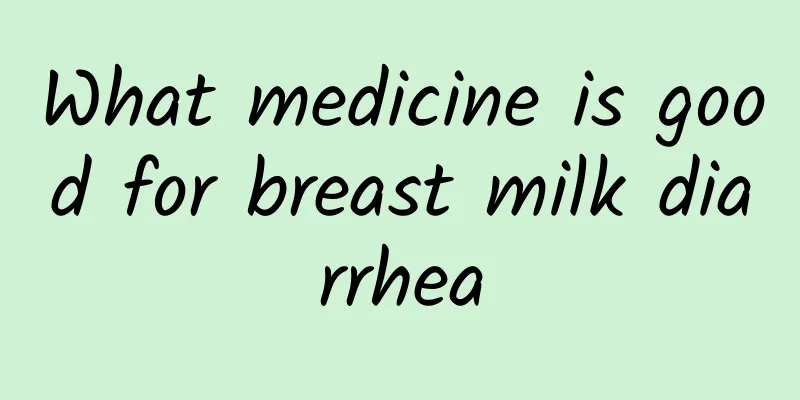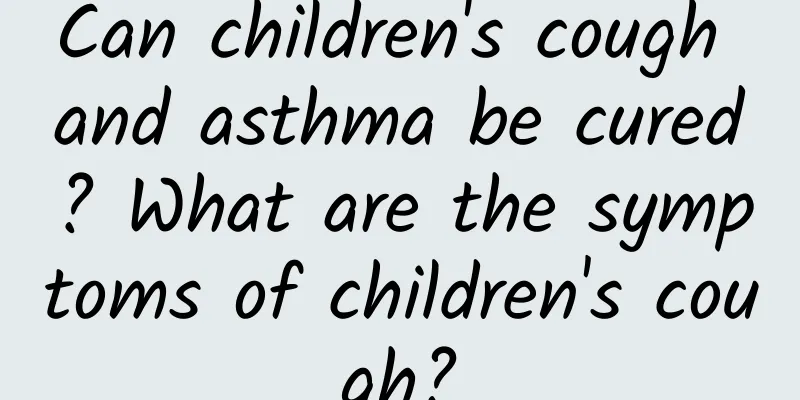What are the symptoms of hand, foot and mouth disease in children? How to prevent hand, foot and mouth disease in daily life?

|
In our daily life, it is common for children to suffer from hand, foot and mouth disease, and hand, foot and mouth disease is also a more difficult infectious disease, so the editor reminds parents to pay attention. Below, the editor introduces some symptoms of hand, foot and mouth disease, hoping to help everyone. So what are the symptoms of hand, foot and mouth disease in children? How to prevent hand, foot and mouth disease in daily life? 1. Symptoms of hand, foot and mouth disease The incubation period of hand, foot and mouth disease is generally about 2-10 days. The external manifestations in the initial stage are similar to common cold and fever, but as the disease progresses, some specific characteristics will appear. At this time, parents will regard this early symptom as a minor cold, thus delaying the best treatment! 1. Hand, foot and mouth disease actually has an early symptom. If parents treat the disease immediately, the child may not wait until the herpes grows out! In fact, hand, foot and mouth disease has a certain incubation period. During the incubation period, babies with good resistance will not be infected and can resist it through their own immunity. 2. During the incubation period of hand, foot and mouth disease, some babies have poor resistance and begin to have fever, accompanied by headaches, runny nose and colds. The higher the living temperature, the longer the illness lasts and the more serious the condition. At this time, mothers must pay attention and seek medical attention in time! 3. After 1-2 days of fever, the baby may develop small red papules on the oral mucosa, lips, palms, soles, buttocks, etc., which then develop into small blisters. At this time, the herpes has already grown, and the children in kindergarten should be taken home for treatment immediately, and then go back to kindergarten after the condition is cured. The reason for doing this is to prevent infection to other children! 4. Small blisters can easily cause the injured part to rot, and the child will have symptoms of pain and crying. As a result, the child will not eat. Due to the appearance of herpes in the mouth, the child will often cry, unable to swallow, and will have strong pain! There will also be symptoms such as drooling. After confirming that the baby has hand, foot and mouth disease, try not to let the baby contact other children to avoid infecting other babies and causing epidemic infection. 5. Don't panic, parents must take care of the baby in the right way. It usually heals quickly and does not cause any damage or sequelae. Children with hand, foot and mouth disease should go to the hospital for treatment as soon as possible, and the children's teachers in the school should also publicize it to parents! Young children with hand, foot and mouth disease may also develop severe symptoms! Although hand, foot and mouth disease rarely causes severe cases, we have to prevent it since there is such a possibility. If the baby is infected with the virus, mothers must not relax their vigilance and observe the child's condition at all times. If there is any abnormality, send the child to the hospital for treatment in time. 2. Prevention of Hand, Foot and Mouth Disease 1. Wash your hands before meals and after defecation. This is the most basic daily hygiene requirement. Wash your hands after going out. Do not just rinse with water. Use soap or hand sanitizer to achieve the effect of sterilization. Do not let children drink unboiled water or eat raw or cold food. Avoid contact with sick children to prevent infection. 2. Parents should also wash their hands with soap or hand sanitizer when they come into contact with children or help them change diapers or deal with feces. Feces and other waste should be handled properly and not thrown away at will. 3. Items used by infants and young children, such as pacifiers and bottles, must be strictly cleaned and disinfected before and after use to prevent the attachment of germs. Baby newborn milk bottle milk powder_15971872_xxl 4. During the epidemic period of hand, foot and mouth disease, do not take children to places with dense populations and poor air circulation, because these places are easy to gather germs. In addition, you should maintain good indoor hygiene, keep the home environment clean, pay attention to indoor ventilation, and wash and dry clothes and quilts frequently. 5. Children’s toys, personal tableware and cleaning tools should be cleaned and disinfected every day to avoid the breeding of germs. 6. When children show suspected symptoms of hand, foot and mouth disease, they should be taken to the hospital for diagnosis and treatment immediately, and they should not be allowed to contact other people for the time being. Their clothes and used items should be disinfected. If the symptoms are mild, they do not need to be hospitalized, and it is more appropriate for them to be treated and rest at home. |
>>: The baby has a runny nose and diarrhea for four days.
Recommend
What are the treatments for high jaundice? Four methods to deal with high jaundice
High jaundice usually occurs in newborns, which w...
RBC normal value
RBC, or red blood cell count, is a common indicat...
What causes diarrhea in children?
The treatment of pediatric diarrhea needs to be t...
What should I do if my baby has jaundice of 14.1 on the fifth day after birth?
What should I do if my baby has jaundice of 14.1 ...
Diet for children with mid-stage kidney disease
Children are a special group of people and can be...
Is hand, foot and mouth disease in children highly contagious? Six ways to prevent hand, foot and mouth disease in children
Many parents today are worried about the hand, fo...
Dietary care for children with pneumonia
Pediatric pneumonia is a common respiratory disea...
What to do if your baby keeps coughing
Babies often have repeated coughing. In this case...
What does jaundice look like?
Jaundice first causes a yellow discoloration of t...
Routine examination for diarrhea in children
Diarrhea is a disease that often occurs in daily ...
Treatment for eczema in children
Children with eczema require careful care from th...
Laparoscopic treatment of hernia in children
Oblique inguinal hernia in children is one of the...
How long does it take to cure pneumonia in children?
Pneumonia often attacks violently, which brings a...
What are the treatments for polio?
The treatment of polio is actually not a very com...
Symptoms of hand, foot and mouth disease in adults
Adults with hand, foot and mouth disease often pr...









